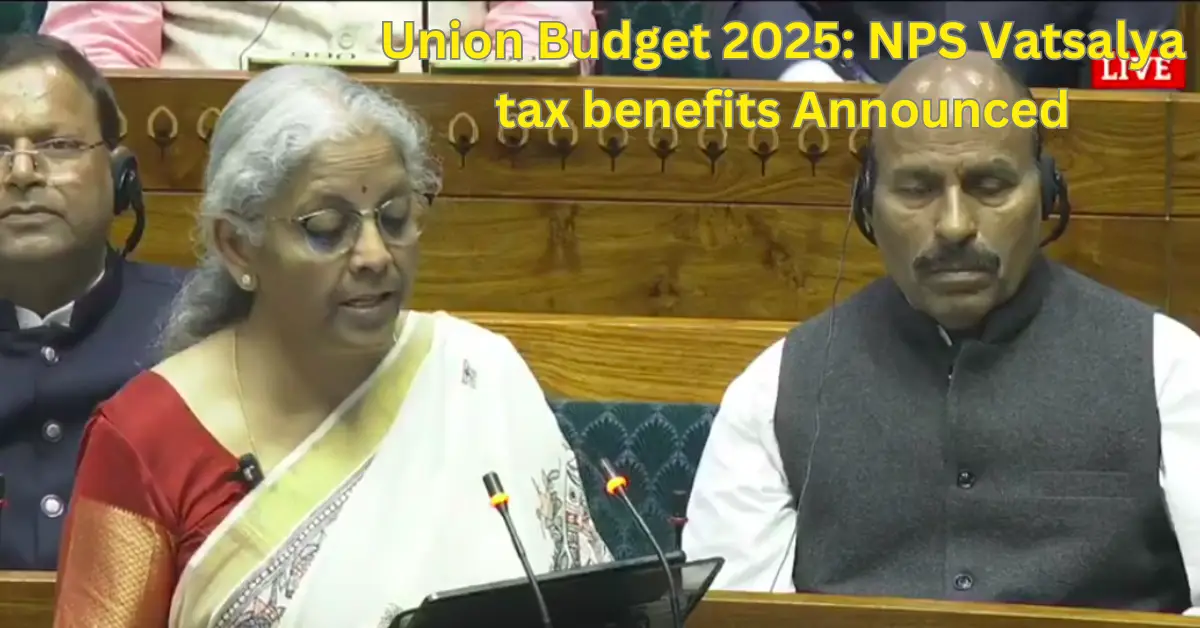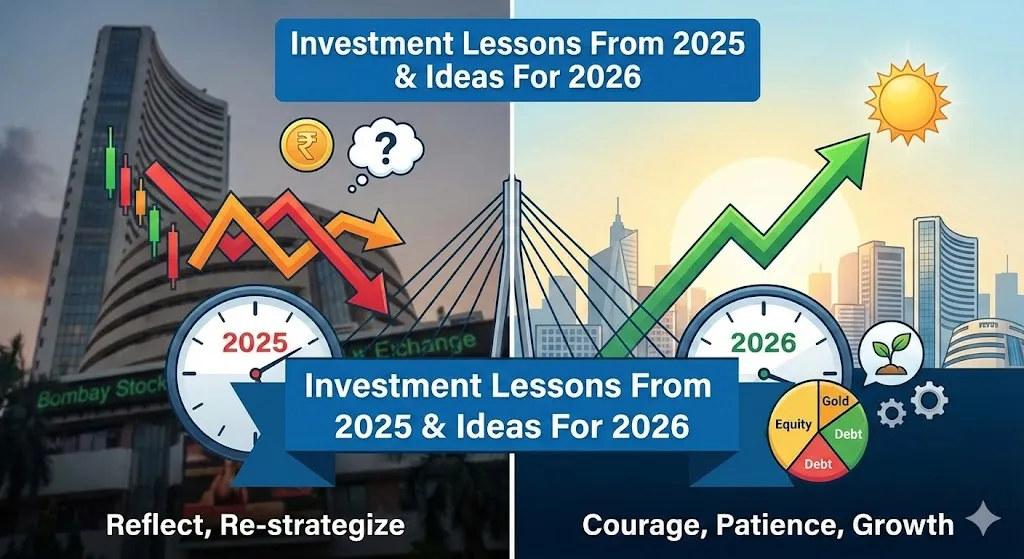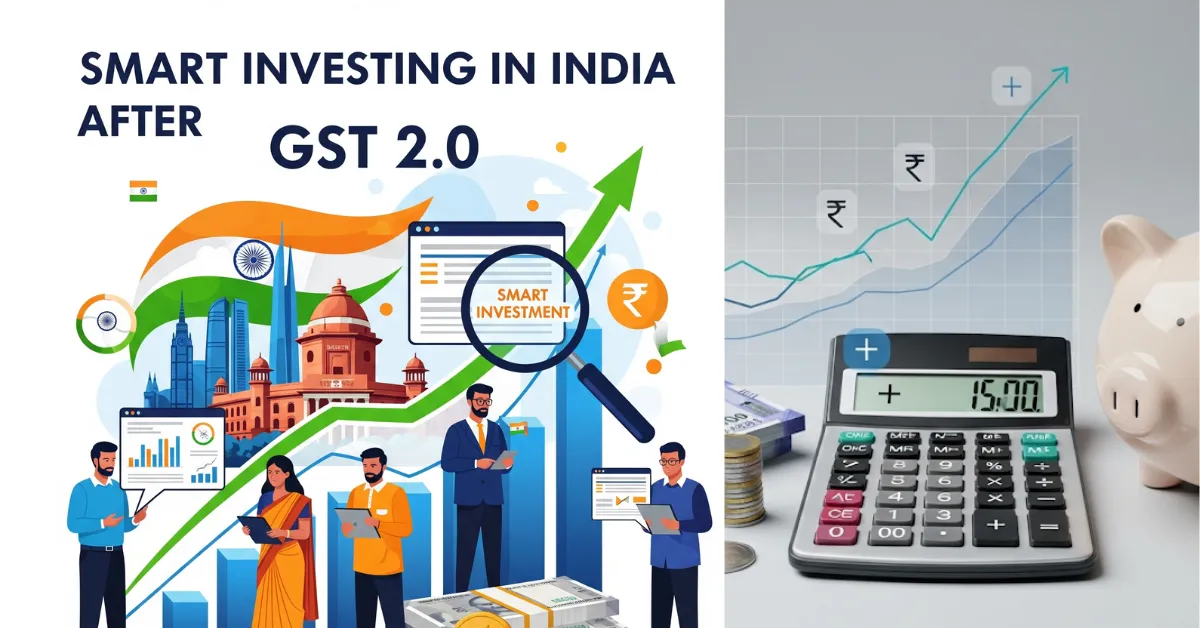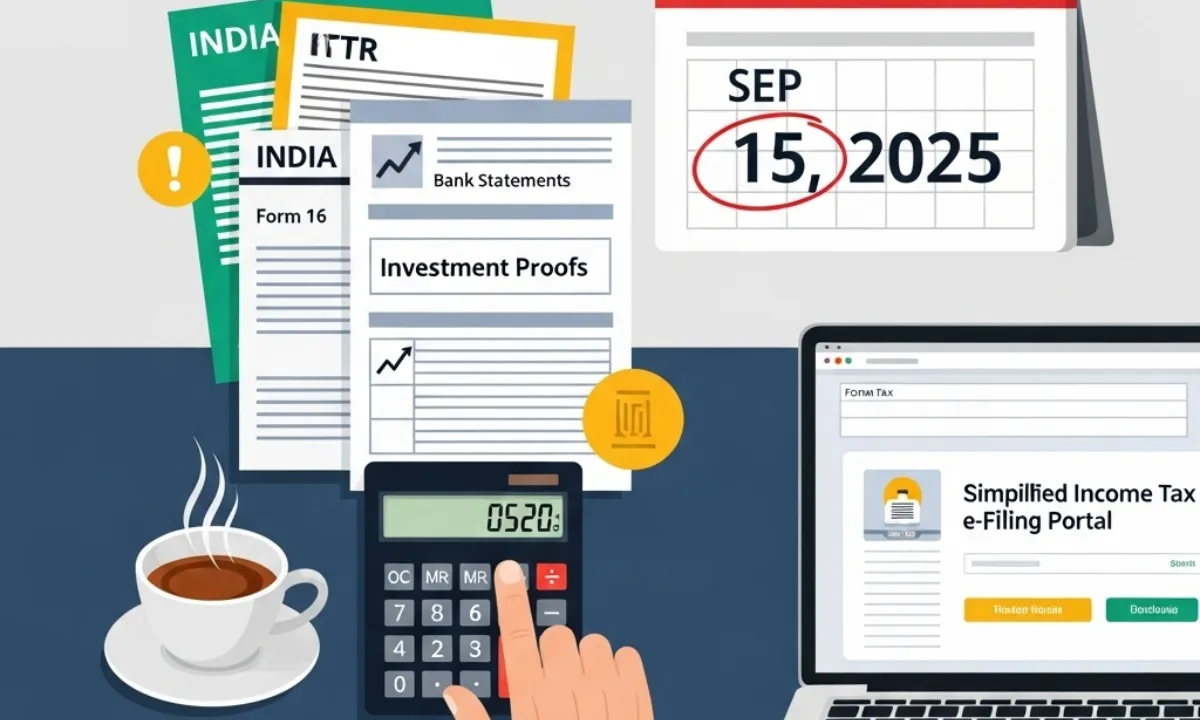Budget 2024 has introduced several key changes that will significantly impact retirement planning, including the launch of the NPS Vatsalya scheme and an increase in NPS deductions. These changes aim to empower individuals and families to build a robust retirement corpus, ensuring a more secure financial future. This article explores the NPS Vatsalya scheme, the recent amendments in NPS deductions, and their combined effect on financial planning.
Understanding NPS Vatsalya
NPS Vatsalya is a new pension scheme introduced in Budget 2024. Designed to provide financial security for minors, this contributory scheme allows parents and guardians to build a substantial retirement corpus for their children from a young age. By leveraging the power of compounding, NPS Vatsalya aims to convert modest, consistent contributions into a significant sum by the time the child reaches adulthood.
Eligibility Criteria
To participate in NPS Vatsalya, applicants must meet the following criteria:
- Who Can Open an Account?: The scheme is open to Indian citizens who are parents or guardians of a child.
- Age Requirements: Accounts can be opened at birth, and they mature when the child turns 18.
- Residency Requirements: The child must be a resident of India.
Benefits for Children
NPS Vatsalya offers several advantages:
- Long-Term Financial Benefits: Early contributions benefit from compounded growth, leading to a sizable retirement corpus.
- Role of Compounding: Regular contributions grow exponentially over time due to compounding.
- Case Studies or Examples: Real-world scenarios demonstrate the potential financial growth through consistent contributions.
Contribution and Maturity Details
How Contributions Work: Parents or guardians can make regular contributions to the NPS Vatsalya account. The amount can be adjusted based on financial capacity and goals. Maturity Age: The account matures when the child turns 18, providing a substantial financial boost at a crucial stage in their life. Expected Returns: Based on current rates, the account can accumulate a significant corpus, aiding in future financial needs.
Try This: NPS Vatsalya Calculator
Budget 2024: Key Announcements
Overview of Budget 2024
Budget 2024 has introduced several impactful policies focusing on retirement planning. Among the most notable is the enhancement of NPS deduction limits, which is a significant shift towards improving financial security for employees.
Changes in NPS Deductions
Current vs. Proposed Deduction Limits: The government has proposed increasing the deduction limit for employer contributions towards NPS from 10% to 14% of the employee’s salary. Calculation of Additional Tax Savings: This change translates into higher tax savings for employees, as demonstrated in the detailed comparison below.
Impact on Tax Savings
The increase in the NPS deduction limit has notable implications for tax savings. The revised scheme enhances the benefits for employees, making it easier to save on taxes while contributing to retirement.
Comparing Existing and Proposed NPS Schemes
Contribution and Tax Savings Analysis
The following table illustrates the tax savings under the existing and proposed NPS schemes for various monthly basic pays:
| Monthly Basic Pay | Annual NPS Contribution | Tax Saved (Existing) | Tax Saved (Proposed) | Additional Tax Saved |
|---|---|---|---|---|
| 25,000 | 30,000 | 1,560 | 2,184 | 624 |
| 50,000 | 60,000 | 6,240 | 8,736 | 2,496 |
| 1,00,000 | 1,20,000 | 24,960 | 34,944 | 9,984 |
| 3,00,000 | 3,60,000 | 1,23,552 | 1,72,973 | 49,421 |
| 6,00,000 | 7,20,000 | 2,58,336 | 3,61,670 | 1,03,334 |
Benefits of Increased Deduction Limit
The proposed changes provide enhanced tax benefits and encourage more substantial retirement planning contributions.
Real-Life Examples
Several case studies highlight how individuals benefit from the increased deduction limits, demonstrating the practical impact of these changes.
Case Study 1: Anil’s Savings Boost
Profile:
- Monthly Basic Pay: ₹25,000
- Annual NPS Contribution: ₹30,000
Existing Scenario:
- Tax Saved: ₹1,560
Proposed Scenario:
- Tax Saved: ₹2,184
- Additional Tax Saved: ₹624
Case Study 2: Priya’s Enhanced Tax Relief
Profile:
- Monthly Basic Pay: ₹50,000
- Annual NPS Contribution: ₹60,000
Existing Scenario:
- Tax Saved: ₹6,240
Proposed Scenario:
- Tax Saved: ₹8,736
- Additional Tax Saved: ₹2,496
Conclusion and Future Outlook
Summary of Key Points
NPS Vatsalya and the increased NPS deduction limit are significant steps towards improving retirement security for Indian families. By understanding these changes, individuals can better plan their financial future.
Potential Future Developments
Future developments may further enhance retirement planning opportunities, potentially leading to more comprehensive financial security measures.
Final Thoughts
Overall, NPS Vatsalya and the Budget 2024 changes present promising opportunities for better retirement planning. Stakeholders are encouraged to take full advantage of these benefits to secure a financially stable future.
Read More: NPS Vatsalya vs Sukanya Samriddhi Yojana: A Comprehensive Comparison
FAQs
- What is NPS Vatsalya? NPS Vatsalya is a new pension scheme introduced in Budget 2024, allowing parents to contribute towards a retirement corpus for their children from birth.
- Who is eligible to open an NPS Vatsalya account? Indian citizens who are parents or guardians of a child can open an NPS Vatsalya account.
- What are the benefits of NPS Vatsalya? The scheme offers long-term financial benefits through compounded growth of contributions, helping to build a significant retirement corpus for children.
- How has Budget 2024 impacted NPS deductions? Budget 2024 proposed raising the deduction limit for employer contributions towards NPS from 10% to 14% of the employee’s salary.
- How does the increased deduction limit affect tax savings? The increase in deduction limits results in higher tax savings for employees, enhancing their ability to contribute towards their retirement plans.
- What are the expected returns from NPS Vatsalya? The returns from NPS Vatsalya depend on the amount contributed and the compounding effect over time, leading to a substantial corpus by the time the child turns 18.










